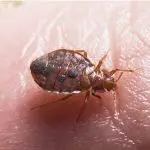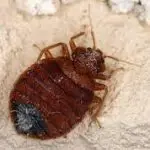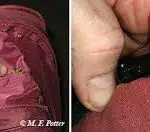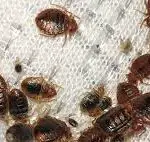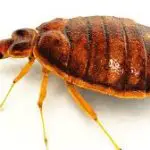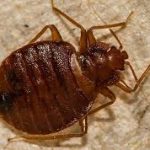How Long Do Bed Bugs Live?
Bedbugs feed by sucking human blood, which is an easy source of food. They feed between two and three times a week, but they can also survive for many months without a blood meal. Unlike most bugs, bedbugs can survive long periods without blood and may survive without a blood meal for as long as a year. Adults and late-instar nymphs can live longer than one year without a blood meal, but newly hatched nymphs may die within a couple of days.
The length of a bedbug’s life span varies depending on various factors, including its age. The first and most obvious is the age of the insect. A young bug will die sooner than an adult, but older bugs can live months without a blood meal. The temperature of the environment also plays a role. Cooler temperatures cause bedbugs to conserve energy, which allows them to live longer. In labs, some species have been found to live for up to 400 days without food.
The life cycle of bed bugs can be complicated, but it’s important to know what to look for in order to avoid being bitten by bedbugs. The life span of a single bedbug may vary from four to six months, depending on the temperature and conditions.



